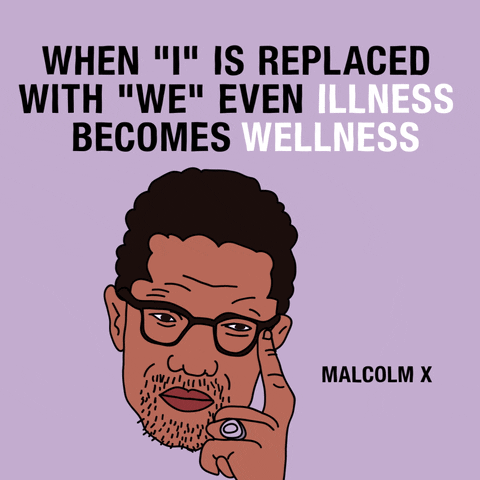- BlackVoter.Org
- Posts
- BLACKVOTER.ORG #51
BLACKVOTER.ORG #51
Empowering Awareness: Stay Grounded With Blackvoter.org Newsletter!Empowering voices, driving change. 🗳️ Advocate for justice, equity, and representation at BlackVoter.org. Join us as we harness the power of the ballot to shape a future that reflects our values and aspirations. #BlackVoter #EmpowerChange


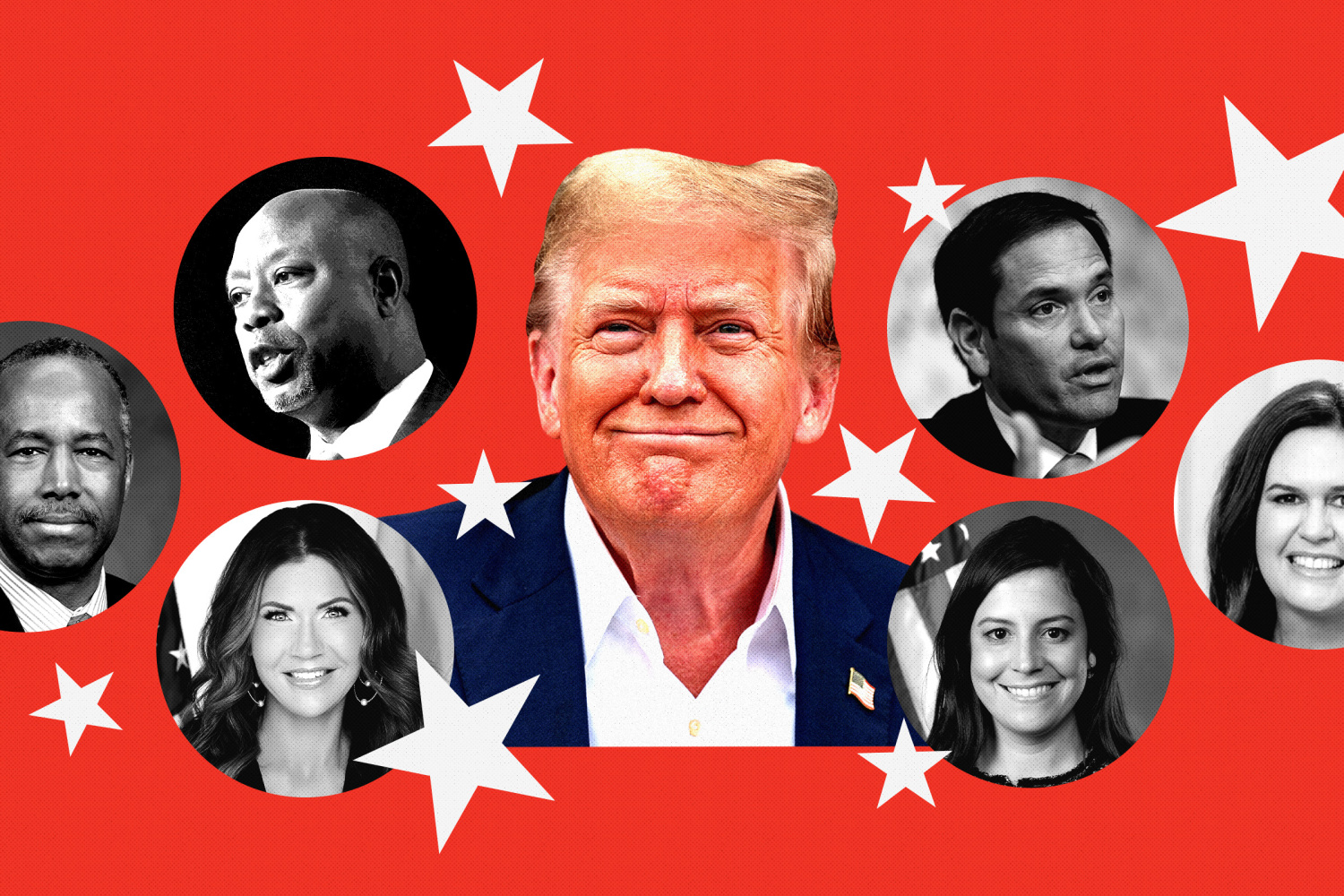
In this article, the focus is on who Donald Trump might choose as his running mate for the 2024 election. The article highlights that Trump's previous selection of Mike Pence as his vice president played a crucial role in his 2016 election win. Now, with Trump needing to pick a potential vice president again, there are several hopefuls vying for the spot. Here are some key takeaways from the article:
• The field of contenders includes Republican politicians who have had previous relationships with Trump.
• The article discusses the backgrounds and relationships of these contenders with Trump.
• It also addresses the reasons why each contender may or may not be the ultimate pick for Trump.
Overall, this article gives an overview of the potential options for Trump's running mate and provides insight into the dynamics at play in this decision-making process.
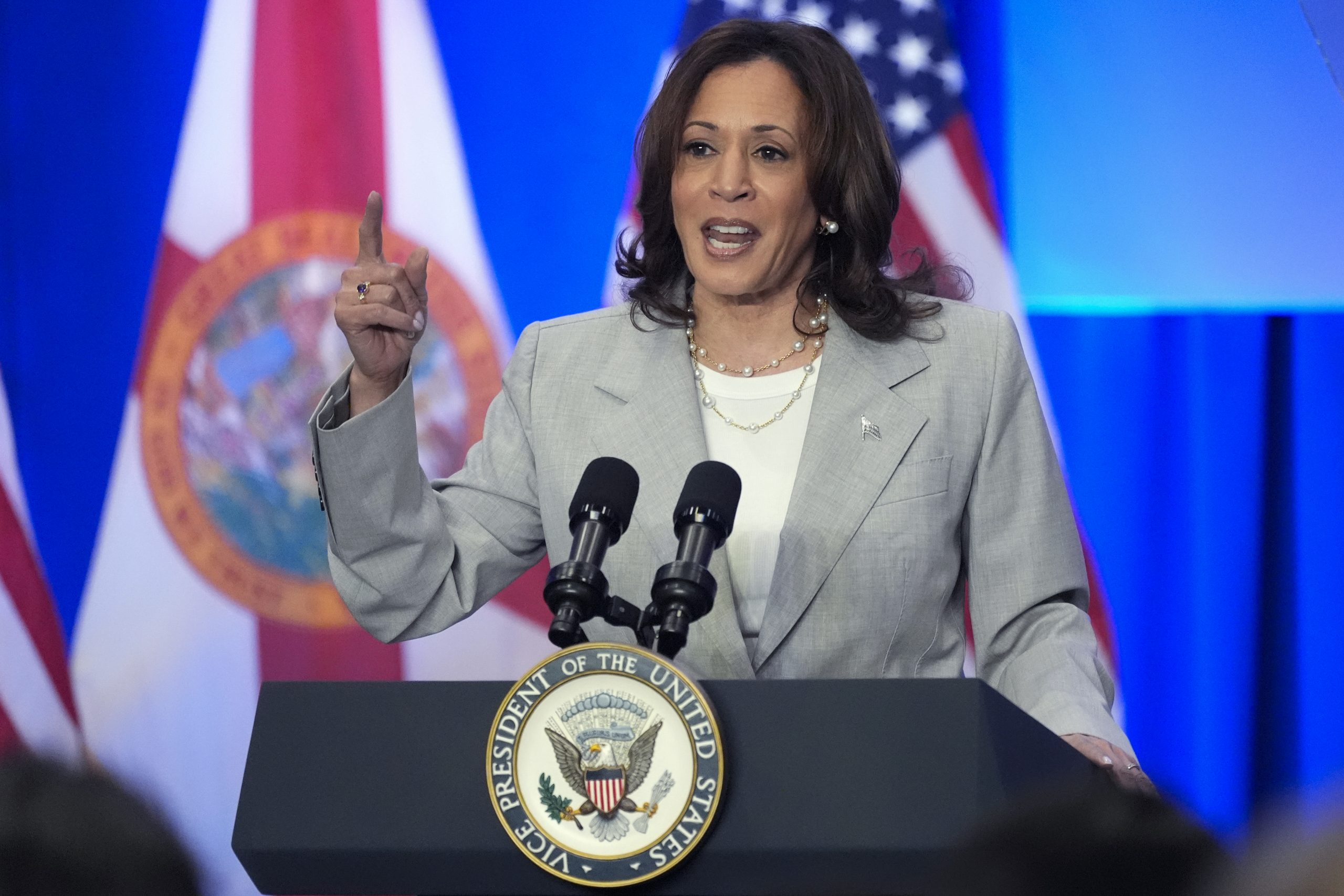
Vice President Kamala Harris visited Detroit's Charles H. Wright Museum as part of her "Economic Opportunity Tour" to discuss various topics such as U.S. autoworkers, building Black wealth, and domestic electric vehicle (EV) initiatives. Harris emphasized that the Biden Administration is increasing its investment in increasing domestic EV supply chains and is providing over $100 million specifically for re-tooling U.S. factories and training workers in EV technology. This investment aims to keep auto supply chains in the U.S., strengthen the American economy, and preserve jobs in Detroit. Energy Secretary and former Michigan Governor Jennifer Granholm mentioned that the Biden Administration has also targeted infrastructure funds to ensure sufficient charging stations for EV drivers. Harris also used her visit to Detroit to consolidate support in the Black community by highlighting the administration's efforts to promote Black small business growth, job creation, wealth building, and debt forgiveness.

In this article, former Freedom Summer volunteer Peter Norall recalls his experiences fighting for the Black vote in Mississippi in the summer of 1964. Norall, who was a college student at the time, volunteered as a voter registration worker and was assigned to the Columbus office of the Council of Federated Organizations (COFO). He remembers the rigid segregation in Columbus and the obstacles faced by Black voters in the South, including obstructionist local registrars. Norall also recounts the threats and surveillance he faced while working as an activist. Despite not seeing immediate success, the efforts of COFO workers during Freedom Summer helped create political momentum behind the Voting Rights Act of 1965, which outlawed discriminatory voting practices in the South. Norall's story highlights the bravery and determination of those involved in the Civil Rights movement and their lasting impact on voting rights in the United States.
• Peter Norall volunteered as a voter registration worker during Freedom Summer
• He was assigned to the Columbus office of the Council of Federated Organizations (COFO)
• Norall faced threats and surveillance while working as an activist
• The efforts of COFO workers contributed to the passage of the Voting Rights Act of 1965
• Norall's story highlights the bravery and determination of Civil Rights activists and their lasting impact on voting rights in the United States.

In this article, the author discusses ESPN host Stephen A. Smith's non-apology for his controversial remarks about Trump receiving support from the Black community. The author argues that Smith's apology was not genuine and highlights some key points from the original remarks made by Smith. The author points out that Smith defended Trump's claim that Black people find him relatable due to his legal woes, which many found insulting. The author also criticizes Smith for attempting to equate Trump's legal troubles with the struggles faced by ordinary African Americans. The article concludes by questioning the sincerity of Smith's apology and suggesting that influential Black figures should use their platforms to educate rather than entertain.

A recent poll conducted by the Washington Post and Ipsos reveals that black voters' enthusiasm for voting in the 2024 general election has decreased since 2020, which could pose a problem for President Joe Biden's reelection chances. The poll found that 62% of black voters said they were "absolutely certain to vote," a decline from the 74% who expressed certainty in June 2020. Of particular concern is the drop in enthusiasm among younger black voters, with only 41% of those aged 18-39 stating that they are certain they will vote in the upcoming election. However, older black voters have shown increased certainty in voting this election compared to 2020. In a hypothetical race between Biden and former President Donald Trump, 74% of black registered voters said they would "definitely" or "probably" vote for Biden, while only 14% expressed support for Trump. Overall, around 60% of black voters hold a favorable view of Biden and Vice President Kamala Harris.

In this article, the author discusses the issue of tribalism in South African politics and its impact on democracy. The author notes that many South Africans still fall back on their racial, ethnic, or cultural groups when deciding who to vote for. Tribalism, or having strong loyalty to one's own group, is an ongoing phenomenon in the country. The author highlights that political parties often manipulate racial identity to secure support from specific communities, which only serves to sow deeper divisions and hatred. The article emphasizes the importance of looking beyond race when choosing a political candidate, and instead focusing on their skills, qualifications, and political vision. The author also calls for a shift towards a meritocracy, where individuals are chosen for positions based solely on their abilities and achievements. Ultimately, the author hopes that South Africans will prioritize economic considerations and be blind to race when making their political choices in order to promote a more inclusive and prosperous society.


President Biden will visit Racine County, Wisconsin to announce a new Microsoft facility.
The new facility will be a $3.3 billion artificial intelligence data center at the Foxconn site in Mount Pleasant.
The first phase of the data center complex is expected to bring 2,300 mostly construction jobs by the end of the year.
Biden will deliver remarks at Gateway Technical College in Sturtevant and then make a campaign stop to speak with Black voters about the November election.
Former President Donald Trump was also recently in Wisconsin for a campaign event.
A recent poll shows the race in Wisconsin to be about even, with Biden winning the state by a small margin in the previous election.
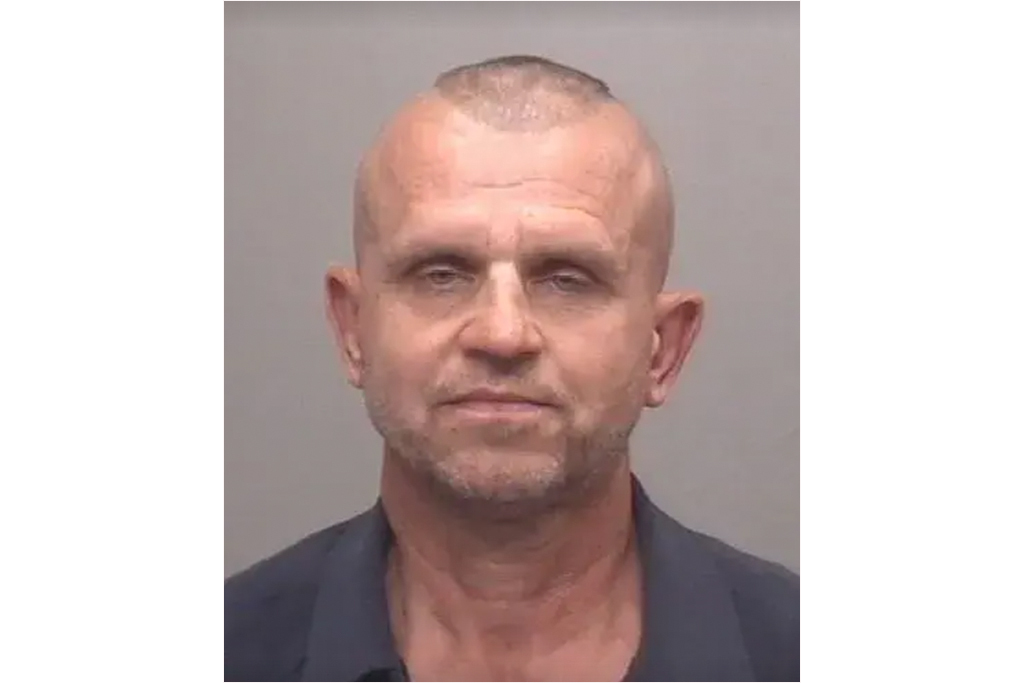
A white supremacist in North Carolina has been sentenced to 41 months in prison for terrorizing Black and brown people. Marian Hudak, who owned a KKK flag and Nazi memorabilia, used racial slurs and made death threats towards individuals based on their race and ethnicity. The Department of Justice described Hudak's acts as "racially-motivated acts of violence." The sentence has been deemed as severe and intended to deter future hate crimes. This case stands in contrast to the sentencing of a Black man, Izaye Eubanks, who received a 20-year prison sentence for committing hate crimes against other Black people. The sentencing guidelines for federal hate crimes can range from 10 years to life in prison.

Kansas City Chiefs quarterback Patrick Mahomes has stated that he will not publicly endorse a candidate in the upcoming presidential race, emphasizing the importance of voters doing their own research. In an interview with Time magazine, Mahomes expressed his desire for people to use their own voice and beliefs when casting their vote. The interview was part of Time's 100 Most Influential People of 2024 series. Mahomes, a three-time Super Bowl champion and Most Valuable Player winner, has previously been involved in raising African American voter turnout in the 2020 election through LeBron James's More Than a Vote campaign. Mahomes' decision not to endorse a candidate parallels that of actor Dwayne "The Rock" Johnson, who also recently stated that he will not be endorsing anyone in this year's election.

Glenn Loury, a prominent Black conservative, recently admitted to making a mistake in supporting the theory that Derek Chauvin was wrongly convicted for the murder of George Floyd. Loury had been persuaded by a documentary circulating on right-wing social media that suggested Floyd may have died of a drug overdose. However, after facing backlash and reading a critique of the film, Loury realized his error and decided to "come clean" about his mistake. He wrote a mea culpa on his Substack and invited Minnesota's attorney general, Keith Ellison, who oversaw the prosecution of Chauvin, onto his podcast to hear the opposing side of the story. Loury's willingness to admit mistakes and engage in open dialogue sets him apart from many other Black intellectuals and positions him as a unique voice in the conservative movement.

The docuseries "Black Twitter: A People's History" explores the impact of Black Twitter on American culture and politics. Directed by Prentice Penny, the series highlights the role of the Black community in shaping online trends and influencing wider society. Penny, who experienced Black Twitter firsthand, was inspired by Wired writer Jason Parham's exploration of the history of Black users on the platform, and sought to create a documentary that was both funny and definitive. The series, which is produced with support from Disney's Onyx Collective and Wired Studios, showcases the power and creativity of Black Twitter, emphasizing its ability to drive conversation and effect change. Through interviews and archival footage, the series examines key moments such as the Barack Obama campaign, the Trayvon Martin case, and Rihanna's candid Twitter presence. Penny hopes viewers will appreciate the impact of Black Twitter and recognize the importance of authenticity and representation in digital spaces.

With less than six months until the 2024 US election, a close race is expected between President Joe Biden and former President Donald Trump in six key battleground states: Arizona, Georgia, Michigan, Nevada, Pennsylvania, and Wisconsin. Biden has gained support among key voter demographics, with a marginal increase of one percentage point among voters under 35 and a rise of seven percentage points among Black voters. In contrast, Trump's support has diminished by over 11 percentage points among voters under 35 and has remained unchanged among Black voters. Hispanics' approval ratings for Biden held steady, but Trump saw a decline of 11 points.
Here is a breakdown of the 2020 Census Bureau data for the key battleground states:
• Nevada: Diversity rating of 68.8%, 12.4% African American population, 18.7% Hispanic or Latino population
• Georgia: Diversity rating of 64.1%, 33.1% African American population, 10.5% Hispanic or Latino population
• Arizona: Diversity rating of 61.5%, 5.5% African American population, 32.5% Hispanic or Latino population
• Michigan: Diversity rating of 35.2%, 12.4% African American population, 18.7% Hispanic or Latino population
• Pennsylvania: Diversity rating of 44%, 12.2% African American population, 8.6% Hispanic or Latino population
• Wisconsin: Diversity rating of 37%, 6.6% African American population, 7.6% Hispanic or Latino population
These demographics may play a significant role in determining the outcome of the election in these states.
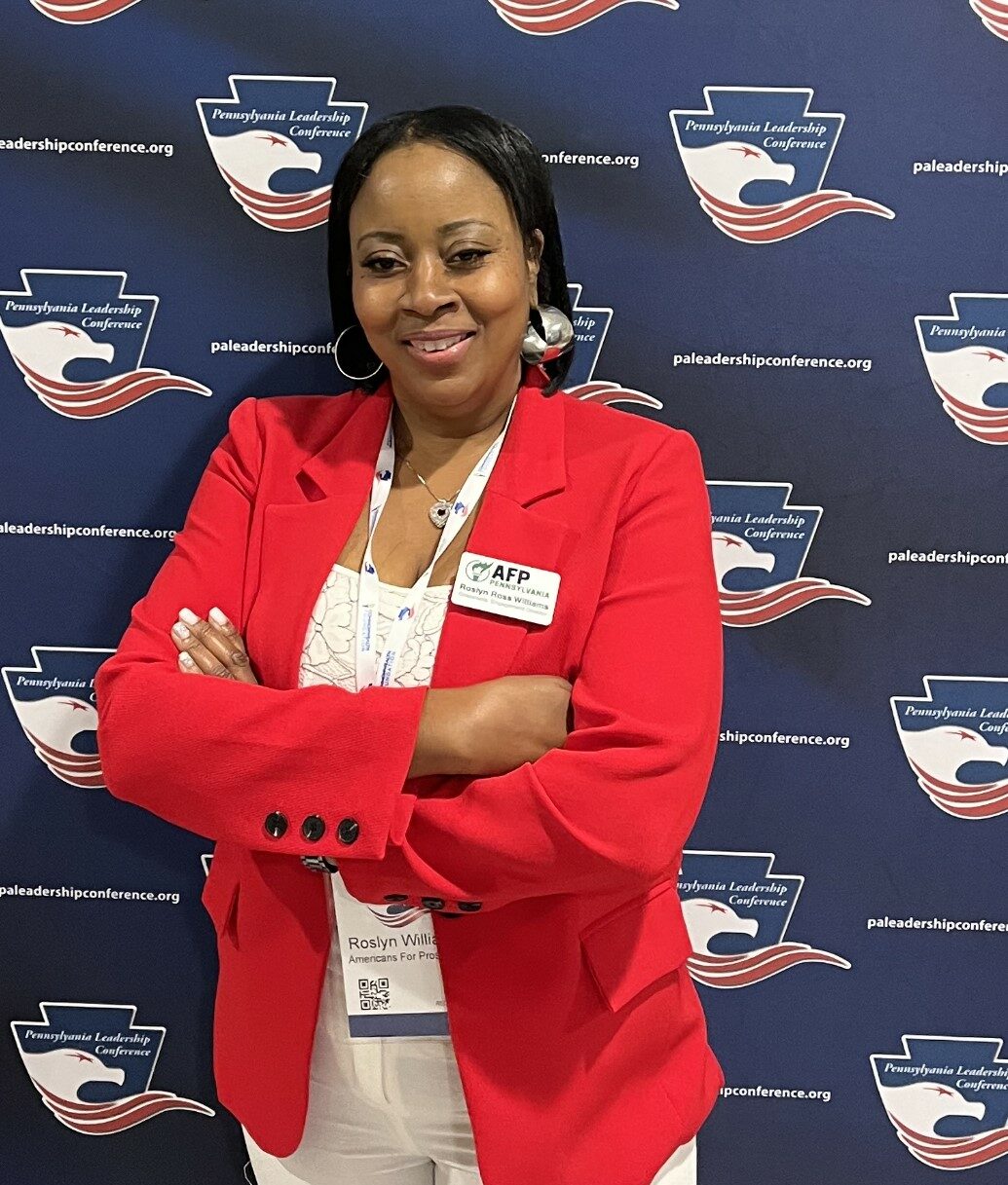
A Keystone Town Hall event in Malvern, Pennsylvania, discussed the changing political attitudes among Black and Hispanic voters in the Delaware Valley. The event, led by Roslyn Ross Williams of Americans for Prosperity and Jennie Dallas of The LIBRE Initiative, delved into the reasons why some Black and Hispanic voters are increasingly questioning their support for the Democratic Party. Highlights from the article include:
• A Gallup poll released in February showed that the Democratic Party's lead over Republicans among Black voters has shrunk by 20 points over the last three years.
• The margin between Democrats and Republicans among Hispanics age 18 to 28 has also dropped significantly.
• Economic concerns, such as inflation and low median incomes, are major factors in the changing political attitudes of both Black and Hispanic voters.
• Family values and the impact of social programs are also contributing to the shift in support.
• The Keystone Town Hall event aimed to better understand the issues and politicians that are influencing these changing attitudes.

Thank you |
Please support |
"Introducing 'Knox Discovers Democracy' – a delightful journey through the USA political process tailored for young children. Join Knox as he embarks on an adventure to learn about democracy, elections, and the power of voting. Through colorful illustrations and engaging storytelling, children will explore the importance of civic engagement and discover how their voices can shape the future. Get ready to inspire the next generation of active citizens with Knox's empowering tale!" Free ebook download Link below |
